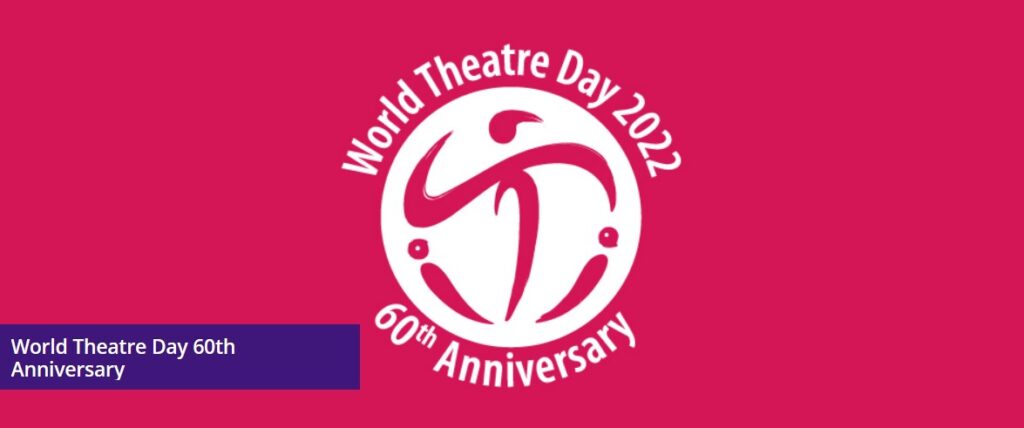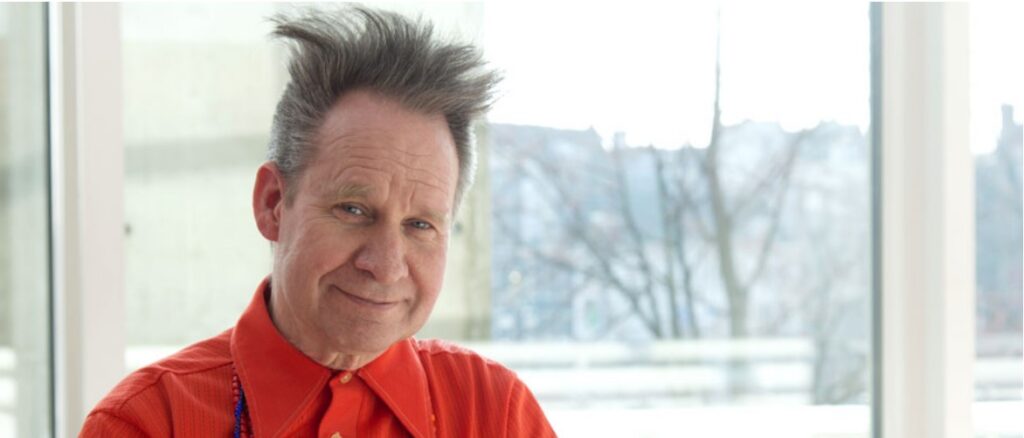
Peter SELLARS, USA
Opera, Theatre and Festival Director
Peter Sellars, born in Pittsburgh, Pennsylvania (USA) is an opera, theatre and festival director who has gained international renown for his ground-breaking and transformative interpretations of classics, advocacy of 20th century and contemporary music, and collaborative projects with an extraordinary range of creative and performing artists. His work illuminates the power of art as a means of moral expression and social action.
He has staged operas at the Dutch National Opera, English National Opera, Festival d’Aix-en-Provence, Lyric Opera of Chicago, Opéra National de Paris and the Salzburg Festival, among others.
Sellars has collaborated on the creation of many works with composer John Adams, including Nixon in China, The Death of Klinghoffer, El Niño, Doctor Atomic, The Gospel According to the Other Mary and The Girls of the Golden West. Inspired by the compositions of Kaija Saariaho, he has guided the creation of productions of her work (L’Amour de loin, Adriana Mater, Only the Sound Remains) that have expanded the repertoire of modern opera.
Recent (pre-pandemic) projects include a new production of Doctor Atomic at the Santa Fe Opera, a staging of Claude Vivier’s Kopernikus for Festival D’Automne (Paris), and a production of Mozart’s Idomeneo for the Salzburg Festival.
Late in 2020 he conceived and directed “this body is so impermanent …” a film created in response to the global pandemic inspired by text from the Vimalakirti Sutra. Upcoming projects include a staging of the Roman du Fauvel in collaboration with musicologist and founder of the Sequentia Ensemble, Benjamin Bagby; a revival of Sellars’ acclaimed production of Tristan und Isolde, its story illuminated and deepened by the transcendent videography created by artist Bill Viola; and Perle Noire, meditations for Josephine, with music by composer and multi-instrumentalist Tyshawn Sorey performed by the incomparable vocalist Julia Bullock. Sellars has led several major arts festivals, including the 1990 and 1993 Los Angeles Festivals and the 2002 Adelaide Arts Festival. In 2006 he was Artistic Director of New Crowned Hope, a festival in Vienna for which he invited emerging and established artists from diverse cultural backgrounds to create new work in the fields of music, theater, dance, film, the visual arts and architecture for the celebration of Mozart’s 250th birth anniversary. He served as the Music Director of the 2016 Ojai Music Festival.
Sellars is a Distinguished Professor in the Department of World Arts and Cultures at UCLA, the founding director of the Boethius Institute at UCLA, a resident curator of the Telluride Film Festival, and was a Mentor for the Rolex Arts Initiative. He is the recipient of a MacArthur Fellowship, the Erasmus Prize for contributions to European culture, the Gish Prize, and is a member of the American Academy of Arts and Sciences. He has been awarded the prestigious Polar Music Prize and been named Artist of the Year by Musical America.
(www.world-theatre-day.org/messageauthor.html)

THIS is the message in ENGLISH (Original)
International Theatre Institute ITI
World Organization for the Performing Arts
Message for World Theatre Day 2022 – 27 March
Author of the Message WORLD THEATRE DAY 2022: Peter SELLARS, USA – Theatre, Opera and Festival Director
Dear Friends,
as the world hangs by the hour and by the minute on a daily drip feed of news reportage, may I
invite all of us, as creators, to enter our proper scope and sphere and perspective of epic time, epic
change, epic awareness, epic reflection, and epic vision? We are living in an epic period in human
history and the deep and consequential changes we are experiencing in human beings’ relations to
themselves, to each other, and to nonhuman worlds are nearly beyond our abilities to grasp, to
articulate, to speak of, and to express.
We are not living in the 24-hour news cycle, we are living at the edge of time. Newspapers and
media are completely unequipped and unable to deal with what we are experiencing.
Where is the language, what are the moves, and what are the images that might allow us to
comprehend the deep shifts and ruptures that we are experiencing? And how can we convey the
content of our lives right now not as reportage but experience?
Theater is the artform of experience.
In a world overwhelmed by vast press campaigns, simulated experiences, ghastly prognostications,
how can we reach beyond the endless repeating of numbers to experience the sanctity and infinity
of a single life, a single ecosystem, a friendship, or the quality of light in a strange sky? Two years of
COVID-19 have dimmed people’s senses, narrowed people’s lives, broken connections, and put us
at a strange ground zero of human habitation.
What seeds need to be planted and replanted in these years, and what are the overgrown, invasive
species that need to be fully and finally removed? So many people are on edge. So much violence is
flaring, irrationally or unexpectedly. So many established systems have been revealed as structures
of ongoing cruelty.
Where are our ceremonies of remembrance? What do we need to remember? What are the rituals
that allow us at last to reimagine and begin to rehearse steps that we have never taken before?2 of 2 pages
The theater of epic vision, purpose, recovery, repair, and care needs new rituals. We don’t need to
be entertained. We need to gather. We need to share space, and we need to cultivate shared space.
We need protected spaces of deep listening and equality.
Theater is the creation on earth of the space of equality between humans, gods, plants, animals,
raindrops, tears, and regeneration. The space of equality and deep listening is illuminated by hidden
beauty, kept alive in a deep interaction of danger, equanimity, wisdom, action, and patience.
In The Flower Ornament Sutra, Buddha lists ten kinds of great patience in human life. One of the most
powerful is called Patience in Perceiving All as Mirages. Theater has always presented the life of this
world as resembling a mirage, enabling us to see through human illusion, delusion, blindness, and
denial with liberating clarity and force.
We are so certain of what we are looking at and the way we are looking at it that we are unable to
see and feel alternative realities, new possibilities, different approaches, invisible relationships, and
timeless connections.
This is a time for deep refreshment of our minds, of our senses, of our imaginations, of our
histories, and of our futures. This work cannot be done by isolated people working alone. This is
work that we need to do together. Theater is the invitation to do this work together.
Thank you deeply for your work.
Peter Sellars

Comments are closed.